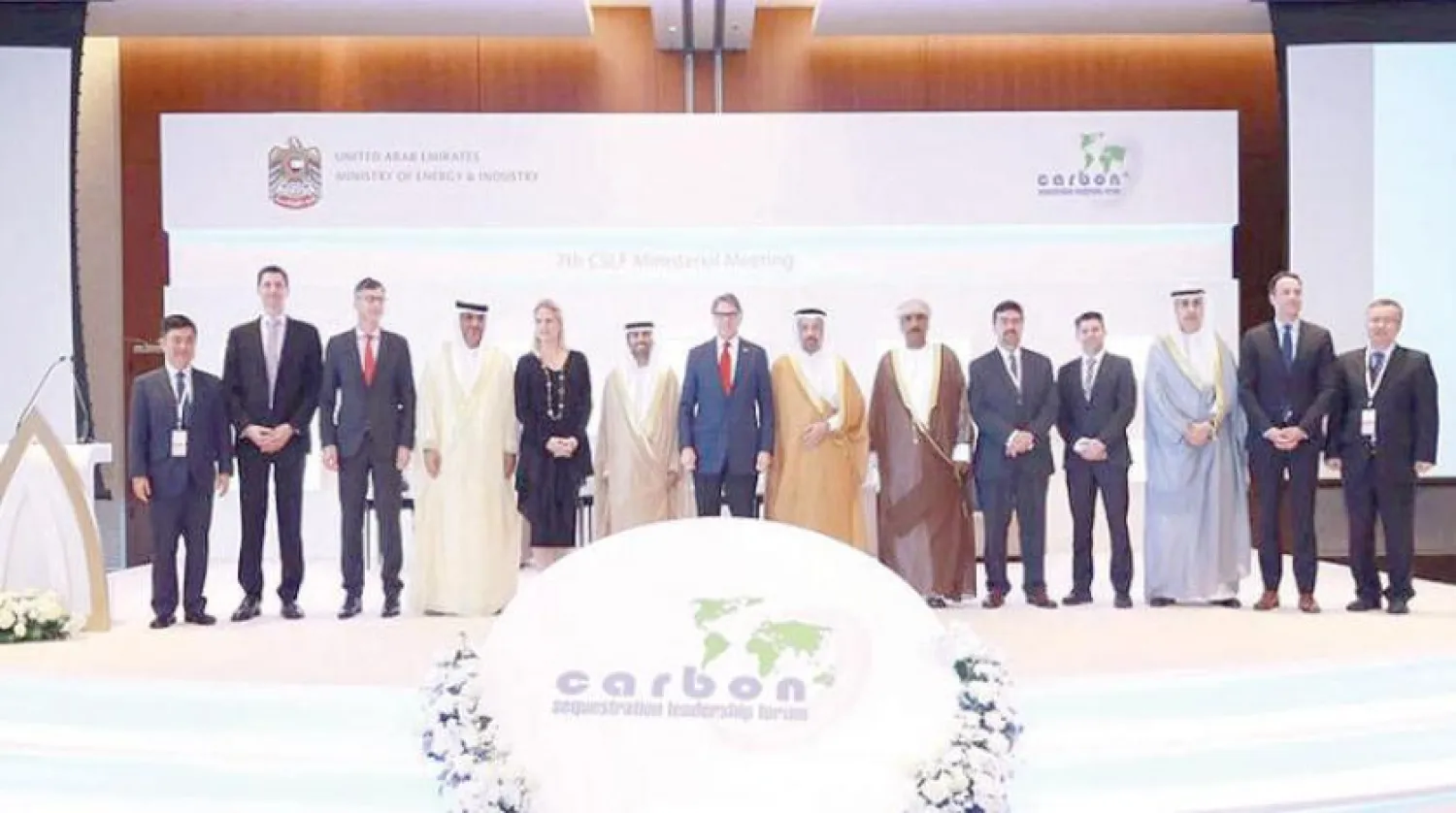Petrochemicals company Saudi Basic Industries Corp (SABIC) is considering several investment opportunities in the United States, Saudi energy minister Khalid al-Falih said on Wednesday.
Falih told reporters, on the sidelines of 7th Ministerial Meeting of the Carbon Sequestration Leadership Forum (CSLF) held in Abu Dhabi, that while Aramco is looking at gas prospects abroad in areas closer to the Kingdom, like Africa and the Mediterranean.
“The US gas (market) is already saturated, there are plenty of investors. I don’t think US needs further investments from Saudi Aramco ... Aramco’s interest in international gas is probably elsewhere, closer to home perhaps in Africa or the Mediterranean,” Falih said on Wednesday.
Falih's statement came few days after SABIC’s chief executive, Yousef al-Benyan, revealed that the company is planning to investment between $3 billion and $10 billion over five years.
Speaking at a petrochemical conference in Dubai last week, Benyan stated that SABIC will take a decision concerning investing in a cracker plant in Texas with Exxon Mobil by the end of next year.
US Energy Secretary Rick Perry said on Wednesday that he has held discussions with Saudi Arabian officials on possible imports of liquefied natural gas (LNG) from US. Perry was speaking at the conference in Abu Dhabi during his first official visit to the region.
In related news, Russian Energy Minister Alexander Novak announced that Minister al-Falih will travel to the Russian Arctic to oversee the launch of a LNG plant. Both ministers will visit the plant this week, as Yamal LNG plant is expected to produce 17.5 million tons of gas per year. Yamal is controlled by Russia’s largest private gas producer Novatek.
Earlier in July, Novak stated that energy cooperation with the kingdom was of the utmost importance, and would deepen the collaboration between both countries if Riyadh took up an offer to participate in Russia’s Arctic gas project.
Aramco is preparing for a share listing next year, aimed at getting a valuation of up to $2 trillion for the company in what could be the world’s biggest initial public offering (IPO).
Falih reiterated on Wednesday that the IPO was being planned for the second half of 2018.
Meanwhile, UAE and United States discussed further collaboration and committing to a strong bilateral relation in the field of energy, including the possibility of LNG imports from the North American country.
UAE energy minister Suhail al-Mazrouei met with US energy secretary on Tuesday to “move forward joint cooperative efforts” to enhance their collaboration in development, oil trade, gas, and renewable energy, among other topics.
“The two ministers noted that the growing US LNG exports could provide an option for an additional source of gas supply to the region,” Mazrouei said in a statement.
During UAE-US Strategic Energy Dialogue held at the UAE’s Ministry of Energy in Abu Dhabi, both ministers emphasized their commitment to the development of safe, secure and responsible nuclear power in compliance with international agreements and in coordination with the International Framework for Nuclear Energy Cooperation.
"We strongly believe that carbon capture, utilization, and storage should be used commercially to replace natural gas as a commodity and therefore, projects should increase by five times at least over the coming 10 years," said the minister, adding that his country is committed to cut CO2 emissions by 70 percent by 2050.
Both ministers agreed on the importance of the strategic energy dialogue in increasing collaboration in the field of energy.
"The US is a reliable LNG exporter and the growing US LNG exports could provide an option for an additional source of gas supply to the region," said US Secretary who also offered hosting the next dialogue in Washington, US.









